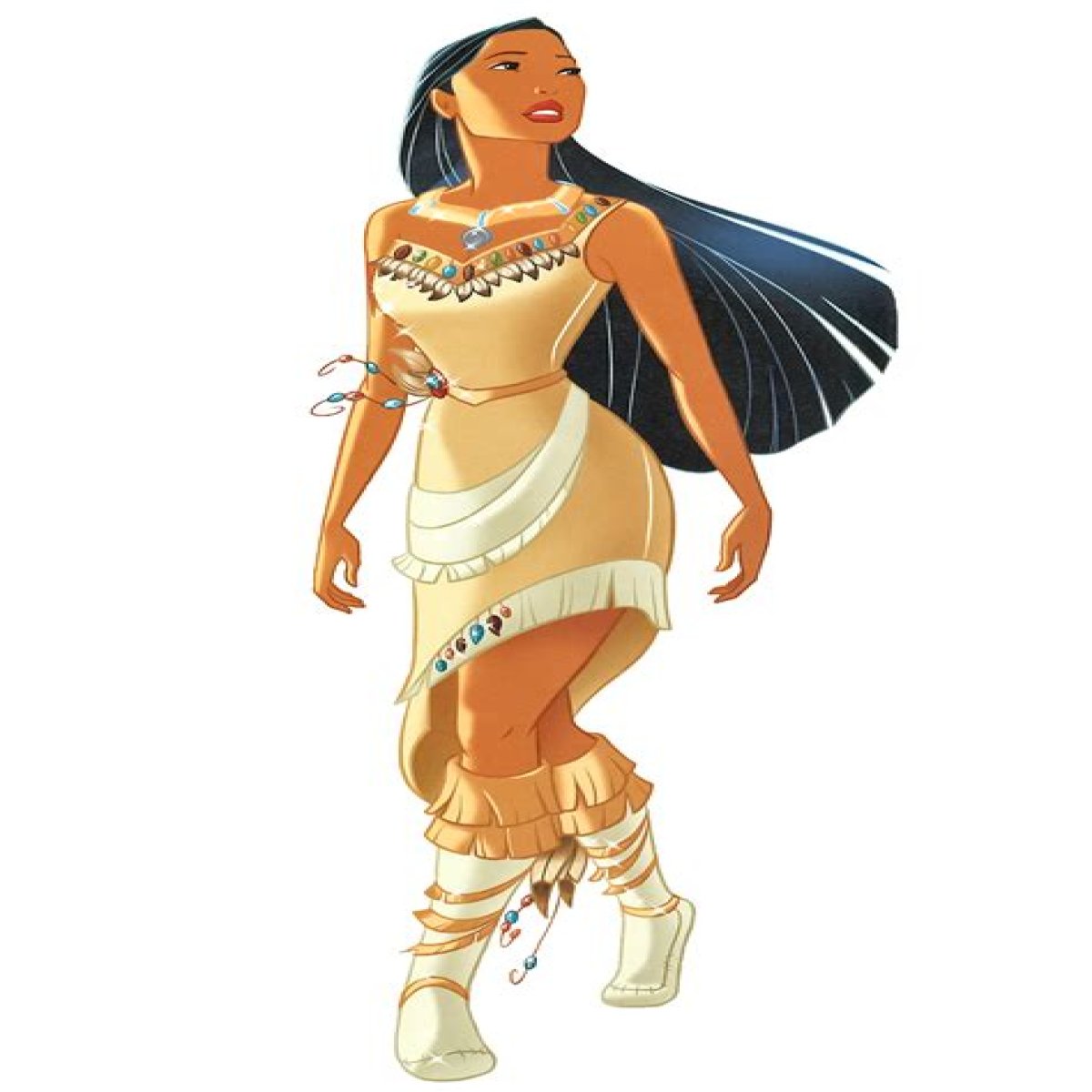Pocahontas, an iconic figure in American history, represents a bridge between two cultures during a time of great upheaval. Her story has captivated hearts and minds for generations, intertwining adventure, romance, and tragedy. The narrative of Pocahontas is not merely a tale of a Native American woman; it is a symbol of resilience and the complexities of colonial encounters. As we delve into Pocahontas's biography, we uncover the layers of her life that reveal her significant role in early American history.
Pocahontas, born around 1596, became a renowned figure in the early 17th century, known for her association with the Jamestown settlement and her interactions with English settlers. Her life was marked by pivotal events that shaped her destiny, including her legendary rescue of Captain John Smith and her eventual marriage to John Rolfe. These events not only define her legacy but also reflect the broader context of European colonization and its impact on Native American societies.
As we explore the details of Pocahontas's biography, we aim to understand who she was beyond the myths and stories that have been told over the centuries. Her identity, her family ties, and her eventual journey to England are all crucial elements that contribute to the rich tapestry of her life. Join us as we unravel the fascinating story of Pocahontas, a woman who became a symbol of peace and a pivotal figure in the history of America.
What is the Biography of Pocahontas?
Pocahontas was born around 1596 in what is now Virginia. She was the daughter of Powhatan, the leader of a powerful confederation of tribes in the area. Her birth name was Amonute, and she was known by the nickname Pocahontas, which means "playful one." Pocahontas's early life was immersed in the rich culture of the Powhatan people, where she learned the skills and traditions of her tribe.
Her life took a dramatic turn when English settlers arrived in Jamestown in 1607. Pocahontas is famously known for her role in the story of Captain John Smith. According to Smith's account, Pocahontas intervened to save him from execution by her father, Powhatan. This event marked the beginning of a complex relationship between Pocahontas, the settlers, and her tribe.
What Are the Significant Events in Pocahontas's Life?
- Encounter with English Settlers: In 1607, Pocahontas met Captain John Smith and played a crucial role in the early interactions between her people and the settlers.
- Kidnapping and Conversion: In 1613, Pocahontas was captured by the English and held for ransom. During her captivity, she converted to Christianity and adopted the name Rebecca.
- Marriage to John Rolfe: In 1614, she married John Rolfe, a tobacco planter, which helped establish a period of peace between the Powhatan Confederacy and the Jamestown settlers.
- Journey to England: Pocahontas traveled to England in 1616 with Rolfe, where she was presented to society as an example of the "civilized" Native American.
- Death and Legacy: Pocahontas died in 1617 at the age of 21, leaving behind a legacy that continues to resonate in American culture.
What Personal Details and Bio Data Are Available About Pocahontas?
| Detail | Information |
|---|---|
| Name: | Pocahontas (Amonute) |
| Birth: | c. 1596 |
| Tribe: | Powhatan Confederacy |
| Father: | Powhatan |
| Marriage: | John Rolfe (1614) |
| Death: | 1617 |
| Legacy: | Symbol of peace and cultural exchange |
How Did Pocahontas Impact American History?
Pocahontas's impact on American history is profound, as she represents the complexities of the relationship between Native Americans and European settlers. Her marriage to John Rolfe is often cited as a significant event that fostered temporary peace between the two groups. This union brought together two different cultures and highlighted the potential for coexistence, albeit under challenging circumstances.
Moreover, Pocahontas's life story has been romanticized and transformed into various cultural narratives, including literature, film, and art. These portrayals often reflect the evolving perspectives on colonization, cultural identity, and the role of women in society. Her legacy continues to inspire discussions about cultural exchange and the importance of understanding history from multiple viewpoints.
What Myths and Misconceptions Surround Pocahontas?
The narrative of Pocahontas is often clouded by myths and misconceptions that have emerged over the years. Some of the most common myths include:
- The Rescue of John Smith: The story of Pocahontas saving John Smith is debated by historians, as Smith's account may have been exaggerated or fabricated.
- Romanticized Portrayals: Many portrayals of Pocahontas in popular culture emphasize a romanticized version of her life, often neglecting the historical realities of her experiences.
- Symbol of Peace: While Pocahontas is often viewed as a symbol of peace, her life was marked by the complexities of colonial violence and cultural conflict.
What Can We Learn from Pocahontas's Biography Today?
Pocahontas's biography offers valuable lessons about cultural understanding, resilience, and the importance of acknowledging historical narratives. Her life reminds us that history is often more complicated than it appears, and it challenges us to look beyond surface-level interpretations. In a world where cultural differences continue to shape our interactions, Pocahontas stands as a testament to the potential for dialogue and connection between diverse communities.
In conclusion, the story of Pocahontas is not merely a tale of a Native American woman; it is a reflection of the broader historical context of colonialism and cultural exchange. As we revisit her biography, we honor her legacy and recognize the importance of understanding the past as we navigate the complexities of the present and future. The life of Pocahontas serves as an enduring reminder of the rich tapestry of human experience and the power of storytelling in shaping our collective memory.
Discovering The Enigma: Rita BlackUnveiling The Legacy Of The Fitzgerald WriterExploring The Multifaceted Talent Of The McCarthy Actress
